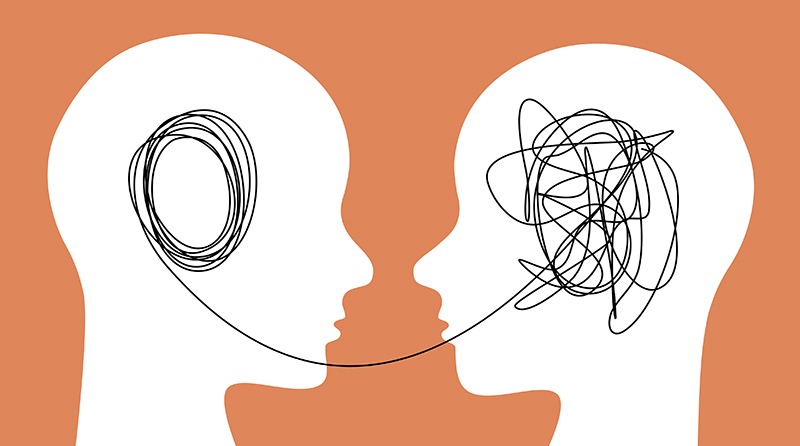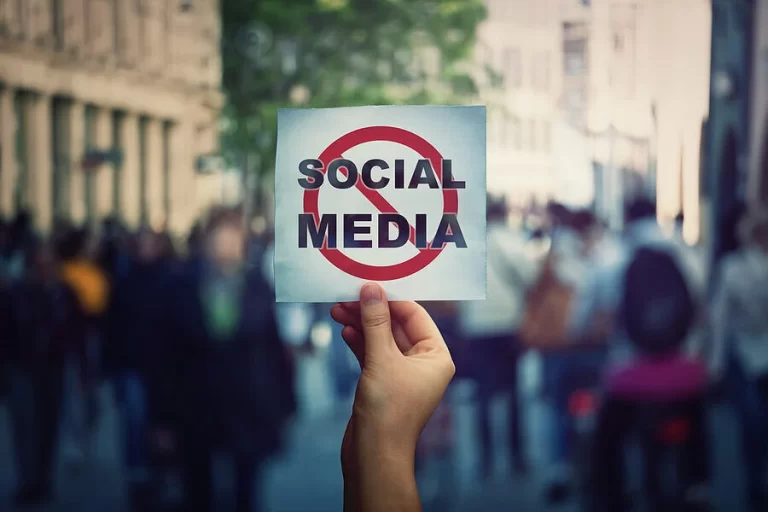Communication is at the heart of every interaction we have, shaping our relationships and influencing our successes. Mastering effective communication skills can profoundly impact both personal and professional spheres, opening doors to deeper connections and enhanced outcomes.
By understanding these tactics, you can improve your communication ability, solve conflicts smoothly, and build stronger, more meaningful relationships.
1. Remember a Time When You Felt Confident

Before facing a nerve-wracking situation, use the power of visualization. Recall a past moment when you felt supremely confident, perhaps acing a presentation or nailing a difficult conversation.
Close your eyes and vividly replay the scene in your mind: see the room, hear the applause, feel the confidence coursing through you. This exercise primes your mind to recreate that same optimal energy and mindset, boosting your self-assurance and performance.
2. The “Door in the Face” Technique

Despite its curious name, this technique is a subtle yet effective way to get others to comply with your requests. Start by asking for something large or unreasonable, knowing it will likely be refused. Follow up with a more moderate request, which now seems more reasonable in comparison.
For instance, if you want a long weekend, first ask for a week off; when denied, propose a two-day break. The contrast makes the latter request more likely to be accepted.
3. De-escalating Tense Situations

In heated or emotional situations, such as emergencies or conflicts, effective communication can be critical. Use a simple yet powerful tactic to de-escalate: ask for specific, non-threatening information like phone numbers or addresses.
This redirects focus from emotions to concrete details, helping to calm individuals while opening the doors for clearer communication. By engaging the logical mind with factual queries, you can guide conversations away from turmoil towards resolution.
4. Direct and Personal Requests

When time is of the essence, clear and direct communication is your best approach. Instead of unclear requests, be specific and personal.
Instead of asking generally if someone can pass the first aid kit during an emergency, point directly to someone and ask by name. “Hey Jake, could you please get the first aid kit?” This clarity ensures urgent needs are met quickly and efficiently.
This approach assigns responsibility clearly and swiftly, ensuring prompt action and reducing ambiguity in critical moments.
5. Acknowledge Emotions to Diffuse Anger

If someone is upset or angry, try saying, “That’s completely understandable.” This gives them a sense of being heard and shifts their emotions away from being directed at you.
It shows empathy and can help ease the situation by making them feel that you understand and might be on their side.
Effective communication is not just about words; it’s about understanding human psychology and using that knowledge to achieve better outcomes.
Whether boosting your confidence through visualization, employing negotiation tactics like “Door in the Face,” or defusing tensions with focused questioning, these psychological tricks empower you to navigate conversation with skill.
Practice these techniques and observe how they transform your interactions, leading to clearer communication, enhanced cooperation, and smoother resolutions in both professional and personal settings.






